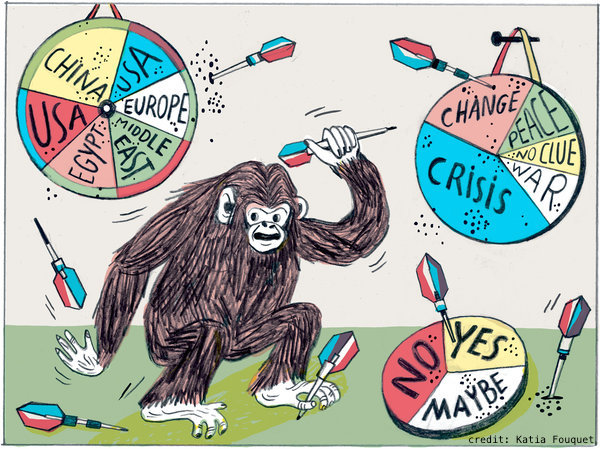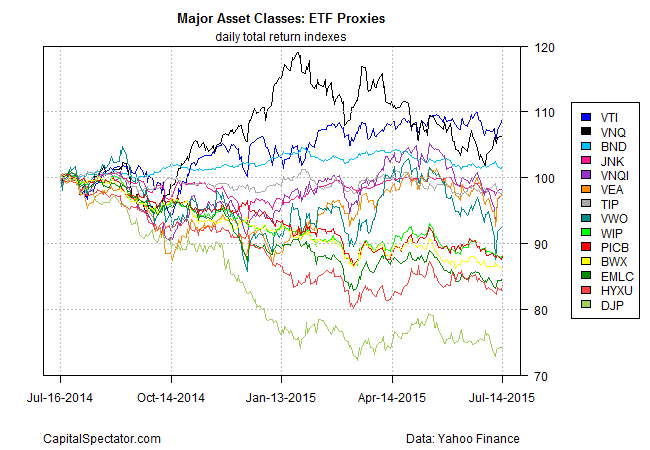by Tim Richards, Psy-Fi Blog
The fox knows many little things, but the hedgehog knows one big thing - Archilochus
- Foxes are cautious about making predictions. Hedgehogs are not cautious about making predictions. Hedgehogs suffer from overconfidence and hindsight bias.
- Foxes are avid gatherers of ideas from everywhere. Hedgehogs tend to specialize and resent outside opinions or ideas: they suffer from what Charlie Munger calls "man with a hammer syndrome".
- Foxes follow Keynes - if something isn't working they look for a new idea or approach. Hedgehogs follow Friedman and stick to their approach, using new data to tweak their existing models.
- Foxes are willing to accept they're wrong. Hedgehogs blame errors on anything other than themselves. In fact, quite often, they refuse to accept they were wrong even when they clearly are.
- Foxes think the world is a complex place. Hedgehogs think that if you can strip away all the noise there's underlying simplicity (think Good versus Evil).
- Foxes are more concerned with practical data than theory, Hedgehogs tend to regard empirical data as noise obscuring the real, underlying truth.
- Foxes are attractive and interesting people. Hedgehogs are annoying ideologues who pin you in a corner at parties and bore you senseless.
"[Expert] hedgehogs and the dart-throwing chimp had equivalent forecasting skill"
Foxes were better equipped to survive in rapidly changing environments in which those who abandoned bad ideas quickly held the advantage. Hedgehogs were better equipped to survive in static environments that rewarded persisting with tried-and-true formulas. Our species—homo sapiens—is better off for having both temperaments.
Just how overwhelming evidence must be to break this barrier is illustrated by the ridiculously high thresholds of proof that partisans set for conceding their side did something scandalous. It required the Watergate recordings to force Nixon defenders to acknowledge that he had obstructed justice, and it required DNA testing of Monica Lewinski’s dress to compel Clinton defenders to concede that something improper had occurred
Equally hedgehogs will seize on the vaguest support for their ideas and trumpet it for all it's worth. This asymmetry in the standards of evidence needed is usually all the evidence you should need to stay well clear of a fast talking hedgehog.
Probabilistic Thinking
However beautiful the strategy, you should occasionally look at the results.













